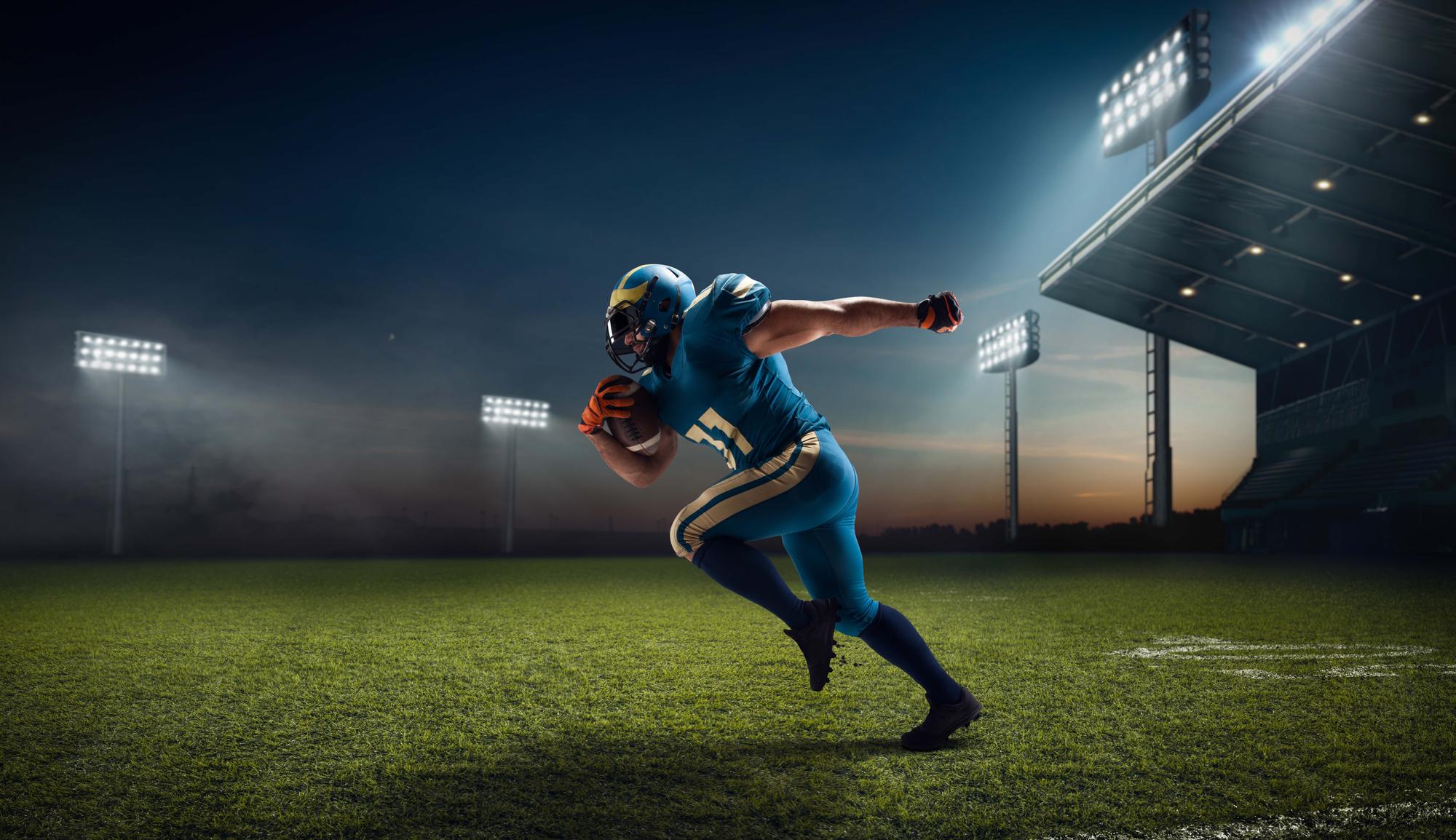What’s holding in football?
Holding in can mean a variety of things in football. When the offense is holding on defense, it’s usually a member of the line of scrimmage who has grabbed a defender and caused a 10-yard penalty. The penalty for defensive holding is just five yards, but the other team gets a first down because of it.
It’s also important to know that the other team gets two points if a player is called for aggressive holding in the end zone. And the team that made a mistake must take a free kick (either a kickoff or punt).
What does a football false start mean?
People have said football is a game of inches. It’s also a race against time. Before each offensive snap, all 11 players must be ready for at least one second. If a player on offense moves or jumps, this is called a false start, and the team gets a five-year penalty.
There is a difference between a false start, the offense’s fault, and offsides, or encroachment, when a defensive player jumps over the line and touches an offensive player. The best quarterbacks in the league know how to make the other team’s defense jump out of their seats early.
What is football encroachment?
What encroachment means in a game, whether college or pro, depends on the game. The National Football League is a five-yard penalty for a defensive mistake. According to the NFL’s official rules, a player is in the Neutral Zone if any part of his body is there and he touches an offensive player or the ball before the snap.
In college football, it is an aggressive violation that costs the team five yards. From the NCAA Football Rules: After the ball is ready to play, encroachment occurs whenever an offensive player is in or beyond the neutral zone after the snapper touches or pretends to touch the ball before the snap.
What is a football flag?
In football, a flag can stand for a lot of different things. Most of the time, when someone breaks the rules, the officials throw a penalty flag. There is also a “challenge flag,” which is a red flag that the head coach of either team can throw if they think a call was wrong.
There are flags on top of the post in each end zone. This makes it easier to tell how strong the wind is, especially when trying to kick a field goal. On November 25, 1951, the Cleveland Browns (21) and the Chicago Bears (16) got flagged 27 times, an NFL single-game record.
What does “illegal shift” mean in football?
From NFL Football Operations: Before the ball is snapped, the offensive team can move two or more players more than once. After the last shift, all players must stop moving and stay in the same place for at least one full second. After the last shift, if any eligible backfield player moves (one at a time) and stops completely, there is no need to wait a full second before a second player can legally move.
If the first player hasn’t completely stopped when the second player starts moving, it’s a new shift, and all players must stop at the same time for at least one full second. If a player underneath or behind the center moves and doesn’t stop for at least one full sec before another player moves, that is also an illegal shift, which is a five-yard penalty.
What does clipping mean in football?
Clipping another player is a penalty that costs 15 yards. It is a block from behind that happens from the waist down. It is usually done by the offense or a kickoff or punt return unit member.
One thing to maintain in mind is that a defensive player may also be called for clipping if he is blocking for a teammate who is returning an interception or fumble. Clipping is different from “blocking in the back,” which is a punishment for blocking a player from behind above the waist. The penalty for that mistake is only 10 yards.
What does football’s “pass interference” mean?
Once a pass-catcher is more than five yards away, he is free to run and catch a pass without an opposing player getting in his way. Depending on the game, there are two distinct punishments for defensive pass interference. At the college level, it’s a foul that costs 15 yards. The ball is moved to where the foul happened in the National Football League. The second one has been controversial for a long time because the punishments can be so harsh. There’s also offensive pass interference, which happens when a receiver, tight end, or running back pushes a defender out of the way to catch the ball.
